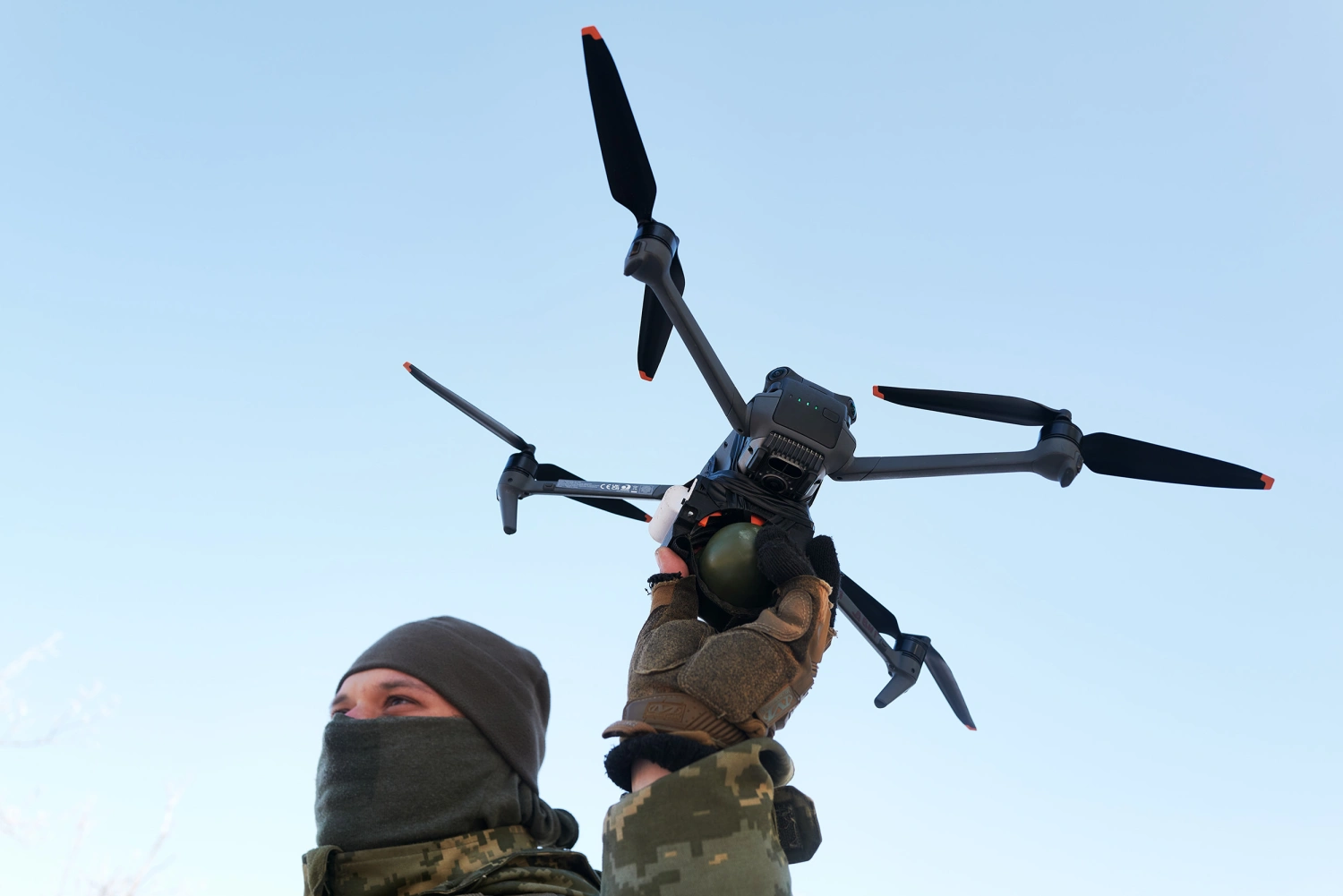Ukrainian anti-corruption agencies have uncovered a major bribery scheme involving the procurement of military drones and electronic warfare systems. The investigation led to the arrest of a Ukrainian Member of Parliament (MP), multiple city and district administrators, and members of the National Guard. Authorities allege that state contracts were inflated by as much as 30%, triggering a political and legal storm.
President Volodymyr Zelensky, in a public statement, endorsed the arrests and reiterated that Ukraine will maintain a “zero tolerance” stance toward corruption. He thanked the investigative agencies for their work in exposing the wrongdoing.
Political Fallout and Public Pressure
The corruption arrests follow a period of intense political backlash. Just days earlier, Zelensky’s government faced public outrage for introducing a bill that would have curtailed the independence of the National Anti-Corruption Bureau (NABU) and the Specialised Anti-Corruption Prosecutor’s Office (SAP).
Critics said the original bill threatened to undermine Ukraine’s anti-corruption framework at a time when public trust was already fragile. The proposal sparked widespread protests—among the largest since the Russian invasion began in 2022. Zelensky quickly responded by submitting a new bill to restore the agencies’ full independence, which passed parliament within nine days.
Geopolitical Stakes and International Support
Ukraine’s anti-corruption institutions were originally created in 2014 as a condition of financial aid and visa liberalization agreements with the European Union and International Monetary Fund. The recent controversy placed Kyiv’s credibility under the spotlight, especially given its aspirations for EU membership.
In 2022, Ukraine was granted EU candidate status. Preserving the integrity of NABU and SAP is seen as essential to meeting EU accession criteria. European allies who had expressed concern over the earlier bill welcomed the reversal, viewing it as a course correction by Zelensky’s administration.
A Pattern of Accountability
The current arrests are part of a broader trend of high-profile accountability in Ukraine. Since their founding, NABU and SAP have investigated the misappropriation of millions of dollars across ministries and sectors. In 2023, a joint investigation led to the arrest of Ukraine’s Supreme Court Chief Justice, Vsevolod Kniaziev, in connection with a $3 million bribe.
General Kyrylo Budanov, head of Ukraine’s military intelligence, commended President Zelensky for “hearing the public’s call” and reversing course on weakening the anti-corruption agencies. The move has been seen as a crucial moment in the country’s ongoing struggle to balance wartime governance with institutional integrity.



